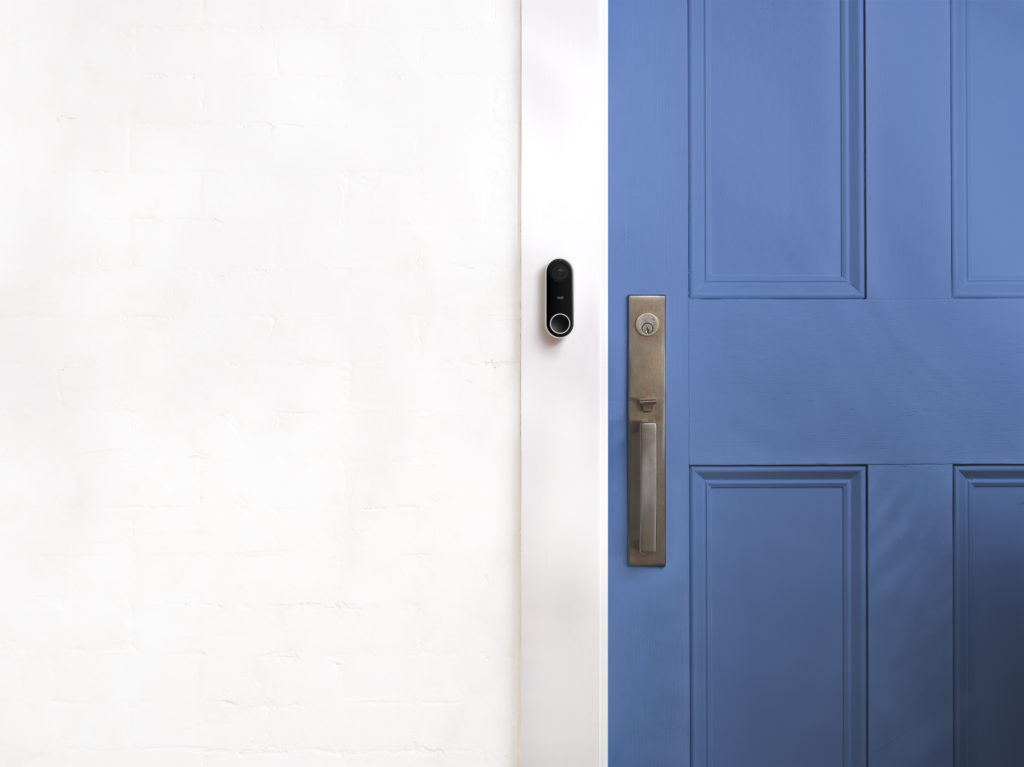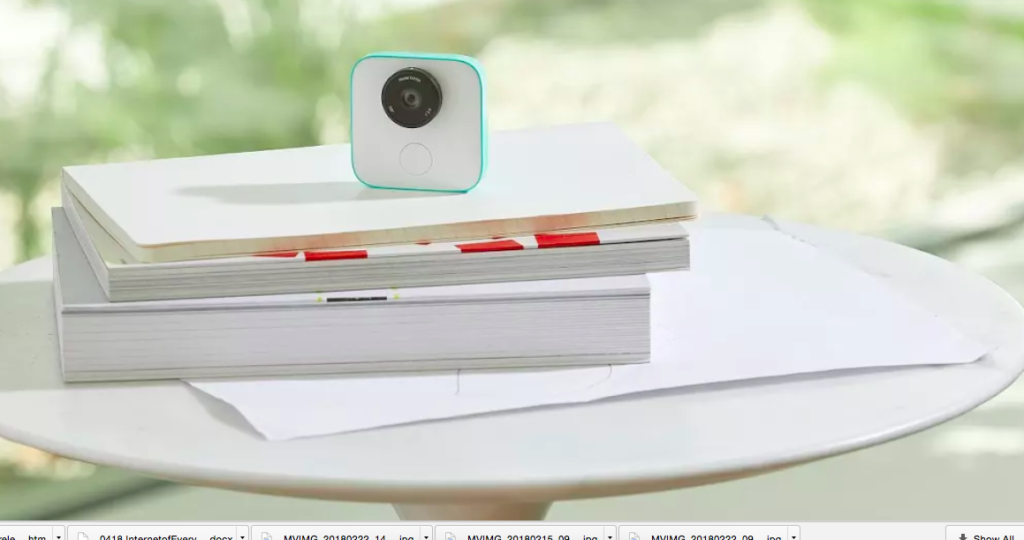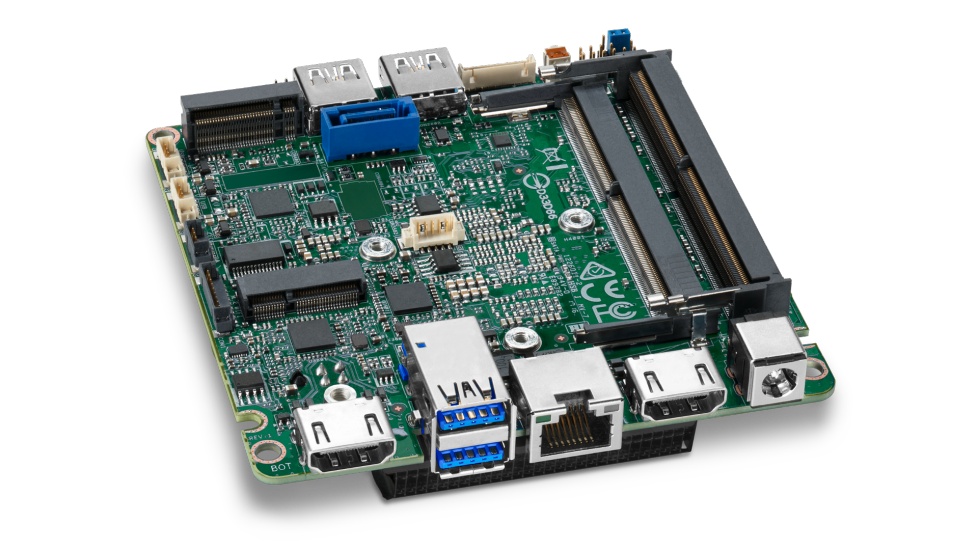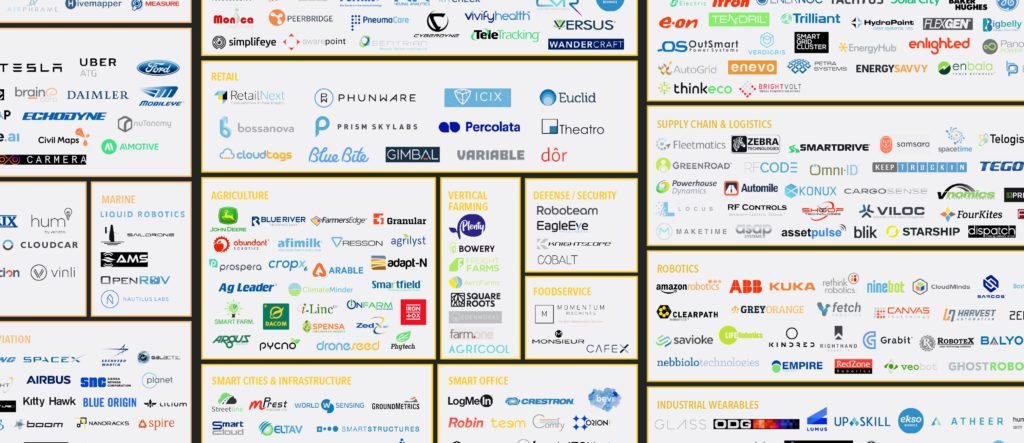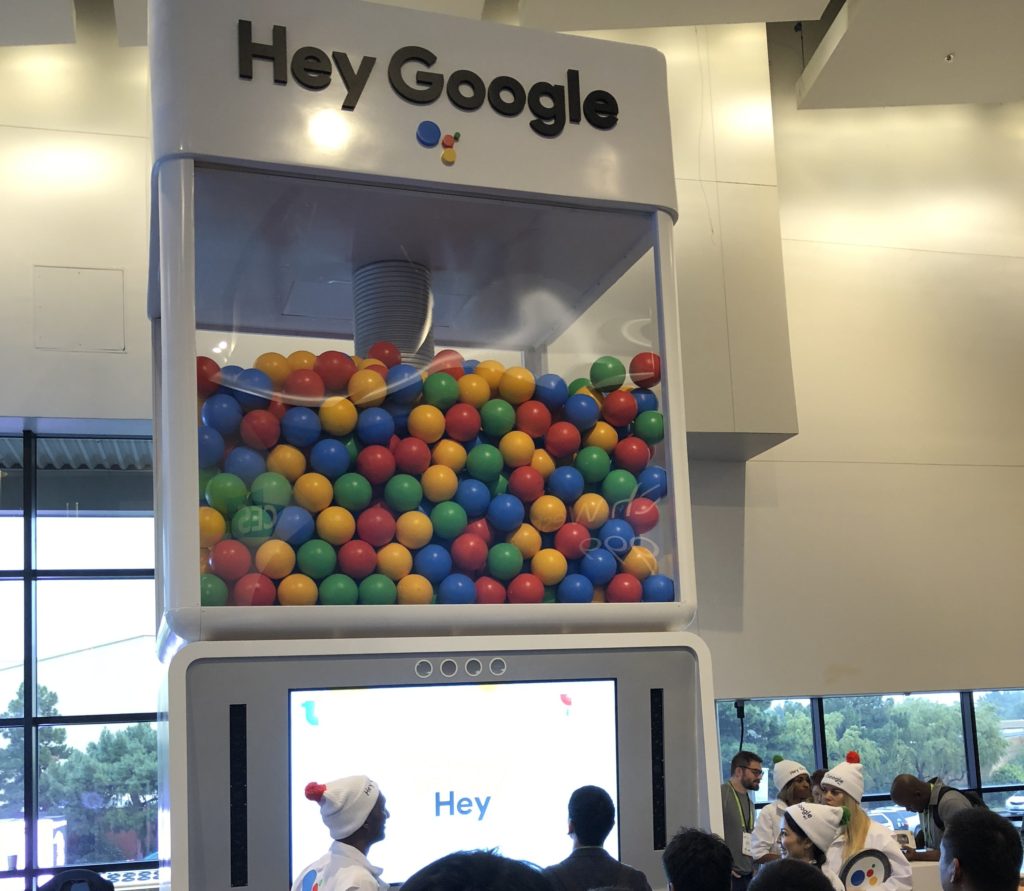Intel said it would sell its nine-year-old IoT acquisition Wind River to private equity firm TPG this week. We explain why, and offer some context on the deal. Driven by Spotify’s public listing, I suggest how it can improve its service for the IoT, and then Kevin and I debate what we’d like to see in robots. Kevin shares a smart radon detector. News bits include stories about Google possibly building its own smart display, controlling the Nest Secure system through Google Assistant, Sigfox doing a deal with Louis Vuitton, and enabling devices to use emotion as a form of contextual insight. I also offer a word of caution for those installing video doorbells and we answer a question from Zach about multiple users and the Google Home.
As a side note, if you think there are any risks in your home of radon poisoning, or if the detector finds anything, don’t hesitate to get in contact with a Nashville Radon Mitigation company, or one more close to home, to deal with the problem as soon as possible to help avoid health risks.
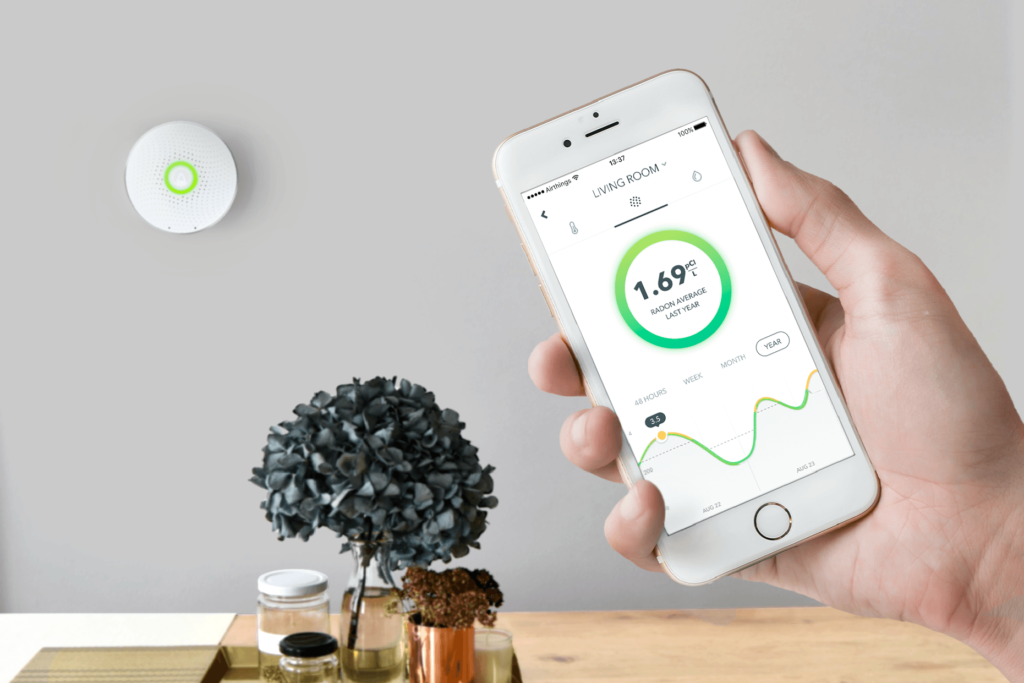
Back on topic, our guest this week is Elecia White who is the creator of the Embedded podcast and an embedded systems engineer. She has spent 20 years building software for devices that aren’t computers and has a lot of insights on how the internet of things is changing the role of such engineers and the tradeoffs one makes when building a connected product. I enjoyed her stories on the challenges of security, the future for her job and the ideal team you need if you want to build a connected device. Enjoy the show.
Hosts: Stacey Higginbotham and Kevin Tofel
Guest: Elecia White producer of Embedded
Sponsors: Forgerock and Ring
- Why Intel dumped Wind River
- Should digital subscriptions be tied to homes or to users?
- I do want a Google display
- What the heck does an embedded systems engineer do?
- What your ideal smart device team should look like
Podcast: Play in new window | Download | Embed
Subscribe: RSS

